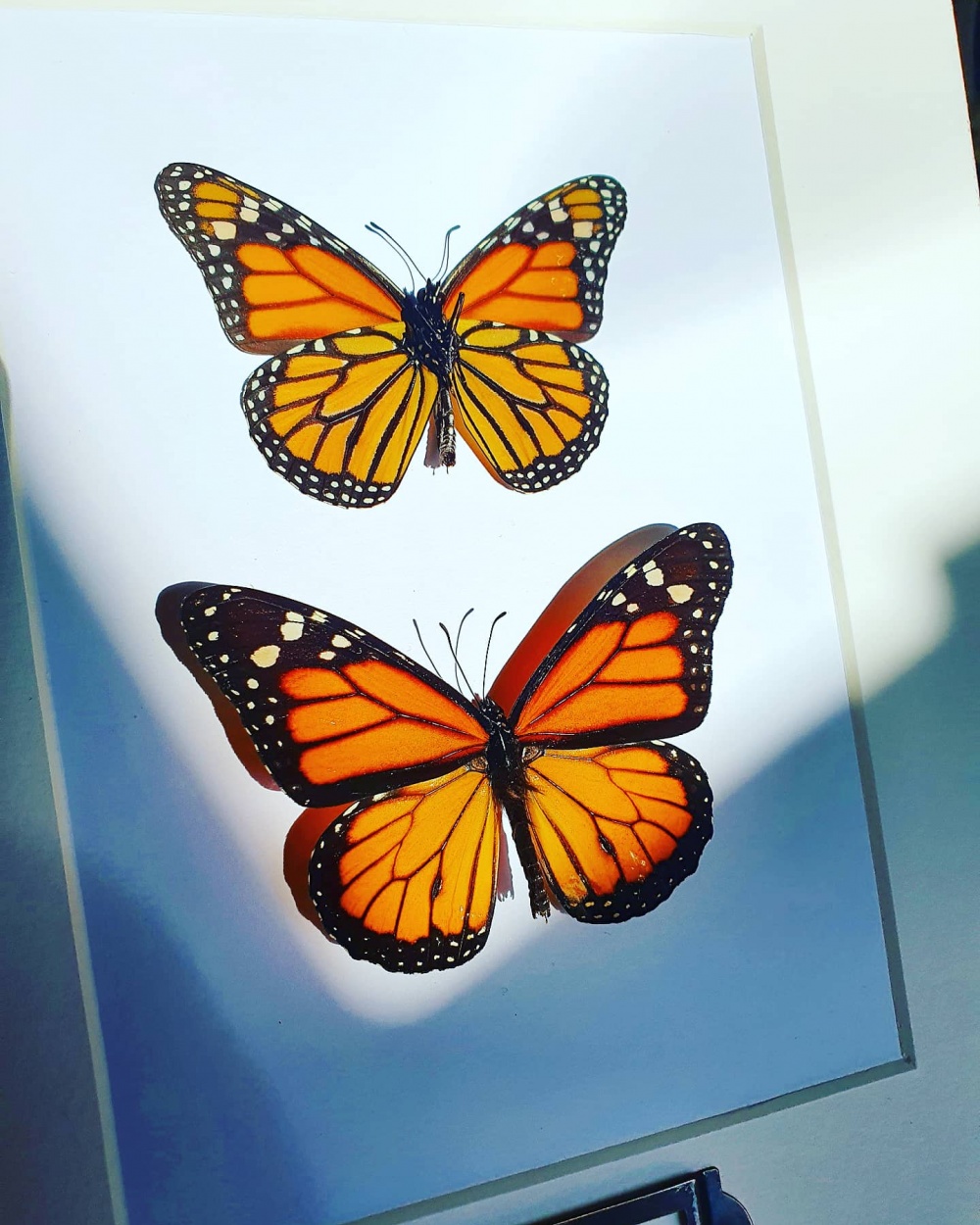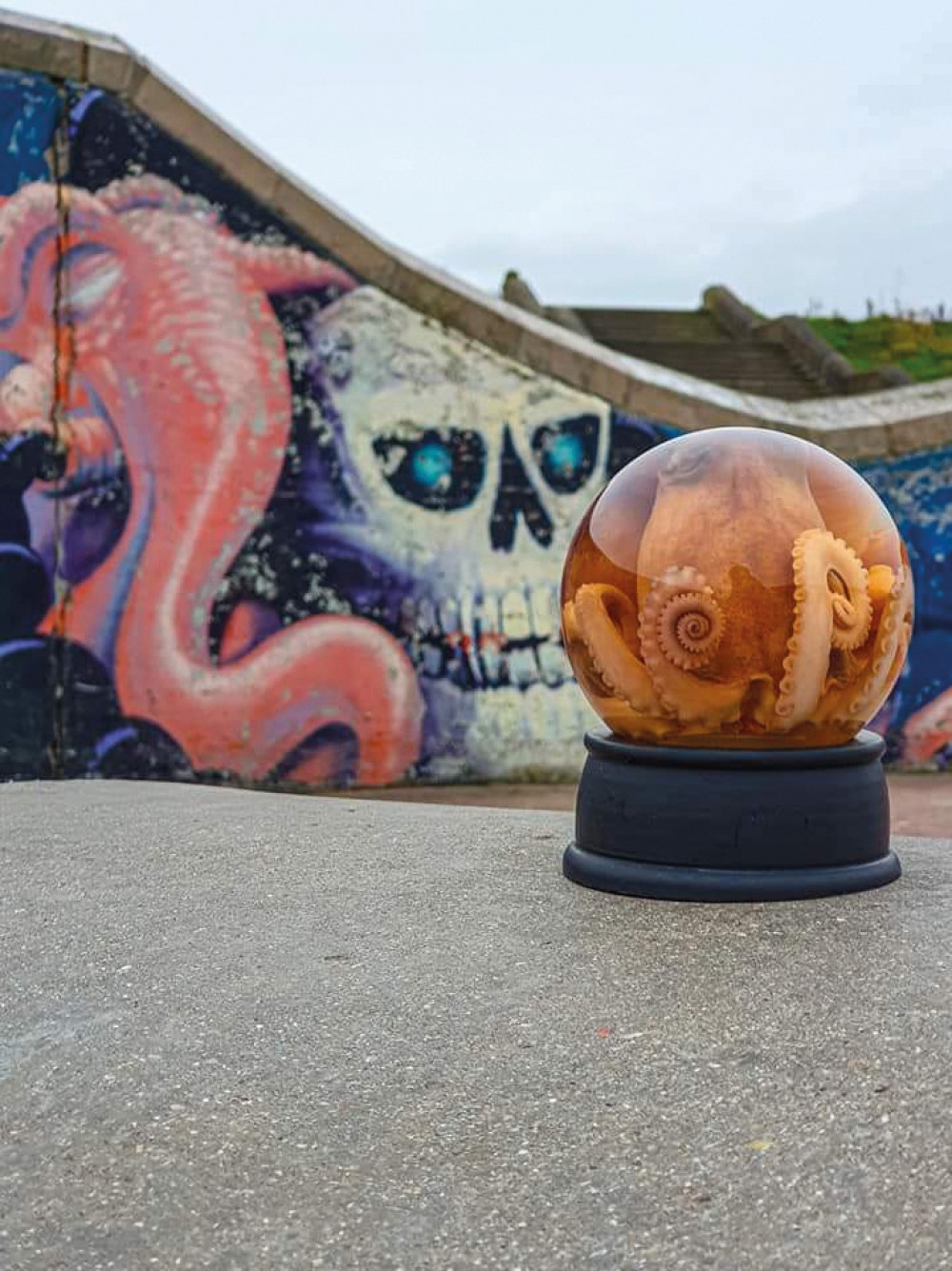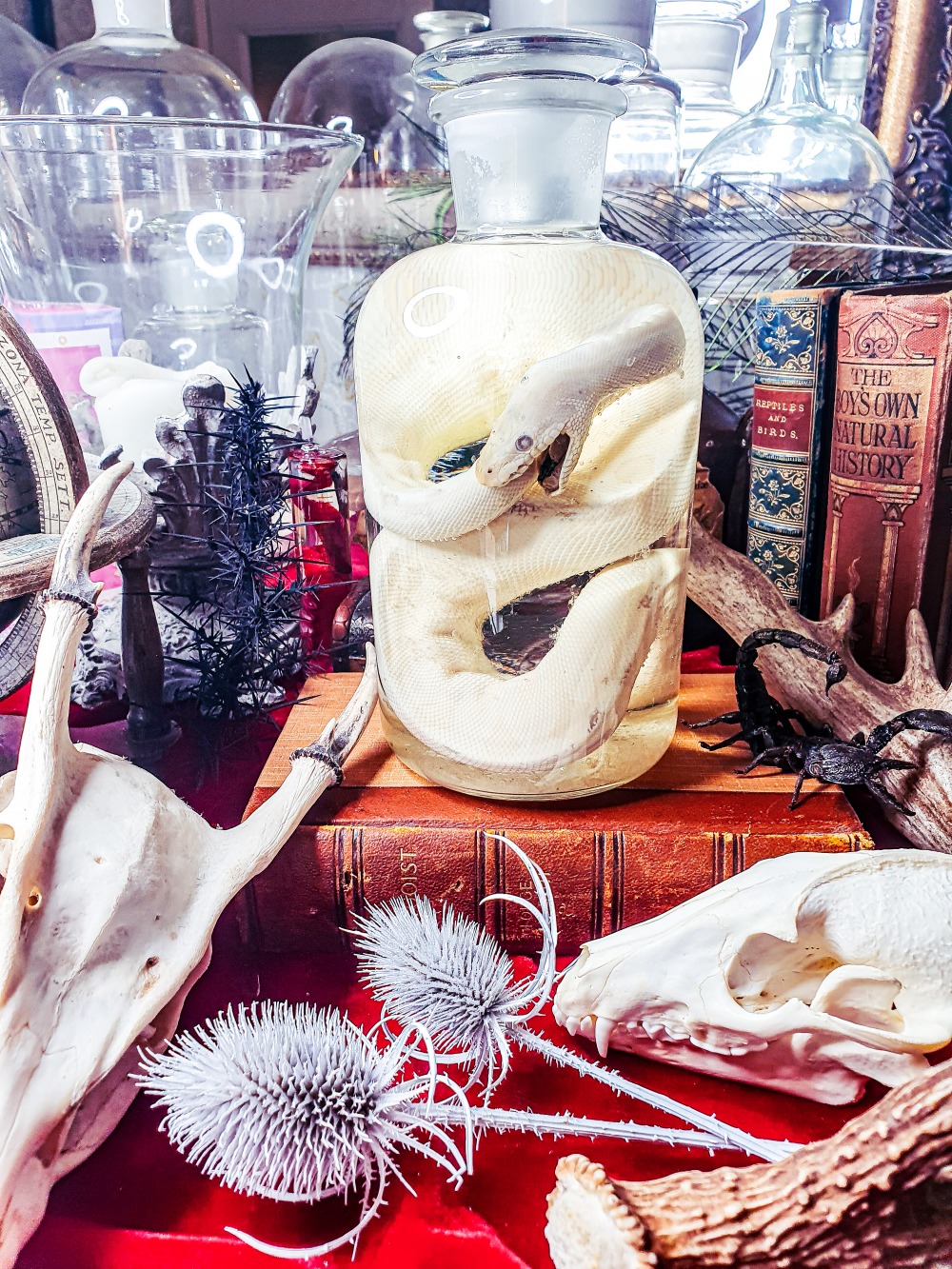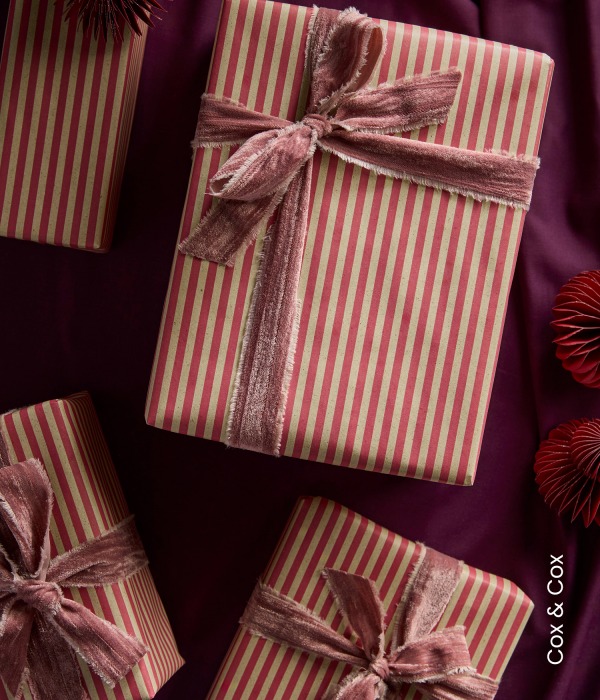Inside the Weird and Wonderful World of Taxidermy With Lost & Profound

A curious passion for nature and art led this husband-and-wife duo to take up taxidermy

Tell us a bit about yourselves.
We’re a married couple, Craig and Amie, with three kids, two dogs and a barn owl called Ethel. We live by the coast and run a growing and busy taxidermy business whilst both holding down day jobs (Amie is an MDT coordinator for cancer services at the RVI and Craig is a claims manager at Norton Rose Fulbright).
How and why did you get into taxidermy?
A love and curiosity for the environment and natural history. It’s also a mix of not allowing ourselves expensive hobbies, allied to wanting to build something for our retirement.
Why did you set up Lost and Profound? Any influence from the rock band?
Nothing to do with the band, although we have given them a listen, since we’re namesakes. They’re quite melancholy and edgy, so I guess it’s a vibe that attracts the name.
Really, we just wanted to do something creative together that wouldn’t see us spend fortunes on fad hobbies. We went in entirely the opposite direction for distraction from our day jobs, and taking our love of taxidermy and curiosities to the next level seemed a fun thing to explore and something you don’t see loads of. We came up with the concept and name while on a trip to the Lakes, and wanted a bit of an unusual edge to the brand. We don’t even mention taxidermy in our name, and it may or may not play to our advantage, but the name seems to fit on many levels and is always liked by customers.
We travel loads so ‘lost and found’ is a common sight for us on our travels. Because of the variety of our work, it can often look like a ‘lost and found’ office at one of our conventions. It’s also a bit of a play on words, wanting to professionally find that spark and almost bring back to life what we work on, reuniting people with their pets who’ve passed or selling to a fan of our work so they can appreciate and give it a second life.
Talk to us about your journey into business.
Deliberately turning a passion and curiosity into a business isn’t as crazy as it first sounds once you’ve been doing it because, if anything, you become even more engrossed in that passion. We use social media to help us grow and seek out new opportunities to show off our work, which has been an exciting challenge. There’s the boring side too – like the accounts of course, but the discipline of our day jobs helps us out there.

What do you specialise in?
We’re probably known most for our marine wet specimen, mostly octopus, and our entomology work with insects. We also specialise in osteology and articulations, rebuilding the skeletons of the specimen we work with.
How do you choose your products?
Like most taxidermists, a lot of it literally finds us through commission work with pet preservation. Outside that, we try as best we can to remain unique, and we’ve found the best way to do that is to develop a lot of strong relationships and business ties, and we love to do that locally where we can. The Fish Quay in North Shields in particular is a haunt of ours, as well as our friends in Bali, Singapore and Costa Rica. They know our values match theirs, and a lot of credit goes to them in helping us be different. We do a lot of request commissions too; we’ve found once someone buys from us, they become engrossed in the science or background and come back with specific requests which we’ll always seek to fulfil if possible.
What challenges have you faced?
Luckily, we can be quite easy going. Imitation is flattery to an extent, but it just drives us on to be better. The markets and conventions we do are fun, and give us that face-to-face contact with customers, but we’d say the bigger challenge is holding down the day jobs whilst tackling and growing a business which can be very labour intensive – and keeping the kids on track too. Lastly, of course, there’s the actually very small crowd who don’t understand taxidermy – or simply don’t want to; a smaller minority vocalise it and whilst we always invite conversation about it, some people can be quite insensitive and disrespectful.
What would you say to those who are unsure about the ethics of taxidermy?
We have these conversations almost weekly with people. For anyone unsure and even those who are absolutely against, we’d always say come and speak to us, or in this case read on… We believe ethics breaks down into two important tests of equal importance, it’s not an either/or, you have to pass both of the following or you fail! The first test being a legal one. This is something governed by society, you firstly and importantly have to be within the law, without question. This changes over time, so what was once acceptable in law might not be today, and what’s acceptable today may not be tomorrow. You have to respect that. The second test on ethics is quite subjective and it’s that to actually be ‘ethically sound’ is to be acceptable to an individual (emphasis on individual, not a group) – it’s personal choice and should be respected as much as any other free choice a person makes. We find most people find their comfort zone by how the specimen we work with meet their demise. So just because something can be killed legally, doesn’t meant to say it’s right, right? Your moral compass has to guide you. We’d happily explain our ethics to anyone so they can see if we’re a fit with their comfort zone.
How are your products ethical and sustainable, and why is that so important to you?
Firstly the easy one, we’re legal! What we have and work with is all legally sound. The second test is to find our comfort zone. This is what our potential customers are also likely happy with. Here’s our comfort zone: we don’t personally kill anything we work with. We go out of our way and meet our suppliers face-to-face, whether this be in Indonesia or North Shields, Glasgow or Brighton. Their values have to match ours in terms of sourcing specimen. Nothing is wild caught or killed for this purpose, or without purpose. The insects used are farmed and many live out full lives in their adult form. Remembering also a lot of insects live more of their life as lava (like caterpillar) and are adults for the purpose of breeding, some don’t even have digestive tract. Some die quicker than others, and their condition is better. Our friend in Bali for example, breeds them for pollination, pest control or to release into the wild. The octopus is an example of wild caught, but here, we know the methods are the least destructive and in terms of environment and sustainability, cephalopods generally produce up to 200,000 eggs in their life! What isn’t being used in the fishing trade is saved from going to waste by us. With reptiles, these are all captive bred and find their way to owners via the pet trade. Once they die, we give them a second life so they can be returned to their original, or new, curious owners. These values are important to us because they’re our product, and they rely on a balanced, sustainable environment. All taxidermists have a love for nature and, in a lot of respects, a very deep understanding of the anatomies, ecosystems and lives each of the specimen we deal with live. A passion and, importantly, respect we hope to ignite in others when sharing the work we do.
What makes your business so unique?
We love what we do. It only comes from us. Everything we do is completely unique, from the pens we sell to the frames we make or skeletons we rebuild. They’re also amazing talking points and in a world fascinated by natural history, what’s not to love about a unique specimen being given this new life with you as the new curator?
Where can Living North readers expect to see your products?
If you’re in the North East, the best thing to do is see it for yourself. We’re weekly residents at Tynemouth Market on Sundays; look out for our logo and come and talk to us. You’ll also find some of our work in Alnwick Galleries too, as well as Phil’s Plaice on the Fish Quay in North Shields, and we’re regulars at some of the UK’s biggest tattoo and horror conventions around the country.
Favourite thing about the North East?
The folk in it who enjoy and respect the area. As much as we travel, it’s only ever made us appreciate what we’ve got on our doorstep.
What are you working on at the moment?
We wish it was only one thing, but if you look at the list, the biggest is a pet preservation of a 22ft python, which the owner wants as a skeletal articulation. So great fun for anyone who likes a mess, followed by smell, followed by a 2,000 piece jigsaw where all the shapes are the same except for the skull filled with sharp pointy teeth.
Plans and hopes for the future?
This might be where we both differ. Craig would like to give it a go running and curating a curiosity-style café/bar that has as many rum cocktails and nice foodie tapas bits on the menu as it does oddities. Imagine a relaxed dining bar meets a natural history museum. This, of course, before winning the lottery and retiring to Bali. Amie would like Craig to at least tidy his workshop before she hits him on the head, stuffs him and moves to Bali on the insurance money.







